Safety and solidarity during
the Covid-19 crisis
In this unprecedented context, our absolute priority was to protect our employees at all our subsidiaries. The Group also rolled out a number of solidarity measures for its customers and partners and supported health authorities.
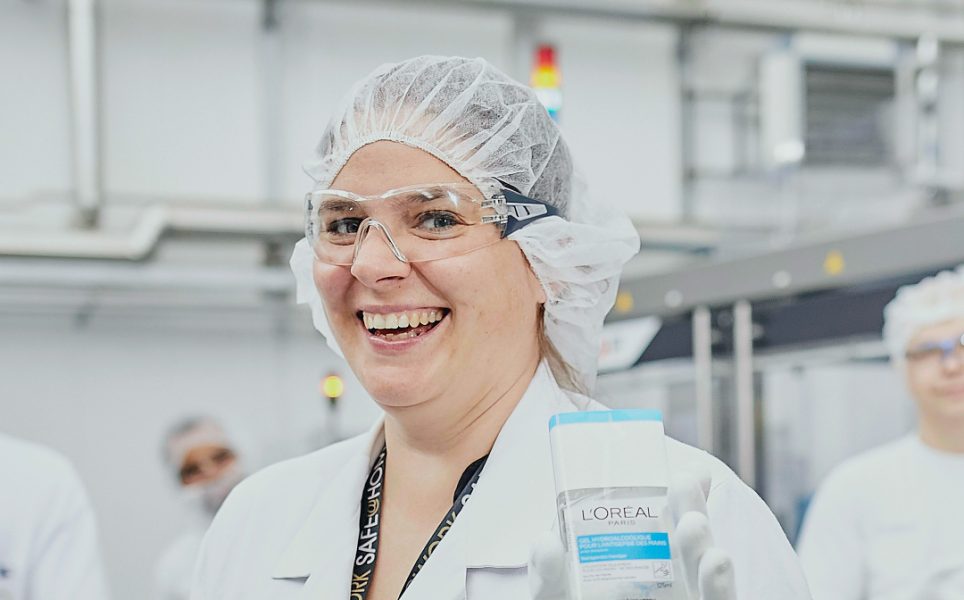

"L’Oréal had to confront the Covid-19 pandemic at a very early stage due to its significant presence in China. This helped us to quickly understand the crisis and react accordingly in the rest of the world. In this unprecedented context, our absolute priority was to protect our employees at all our subsidiaries. The Group also rolled out a number of solidarity measures for its customers and partners and supported health authorities.In the midst of this exceptional situation, and to mitigate its consequences, L’Oréal announced the launch of a social and environmental solidarity programme of unprecedented breadth: L’Oréal for the Future. The programme focused on two major priorities during the crisis: supporting charitable organisations that help vulnerable women, contributing to the regeneration of damaged natural ecosystems and fighting climate change.I am particularly proud of the way Group employees mobilised worldwide behind solidarity measures contributing to the collective fight against Covid-19. I want to thank all our employees, who adopted new ways of working, by staying home or respecting public health measures in their workplace, so that business could continue. I am also extremely proud of our brands, which manufactured and donated several million bottles of hand sanitiser to hospitals, nursing homes, pharmacies and their customers."Jean-Paul Agon, Chairman and Chief Executive Officer of L’Oréal
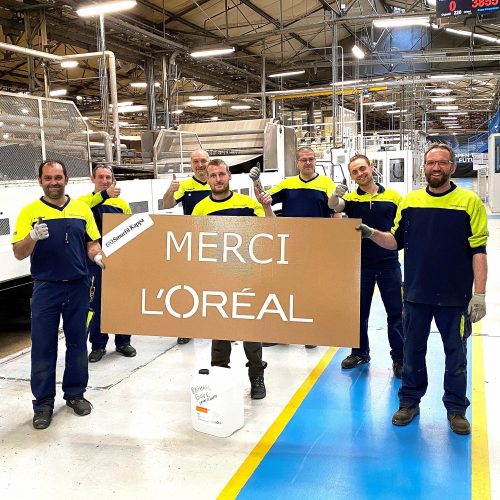
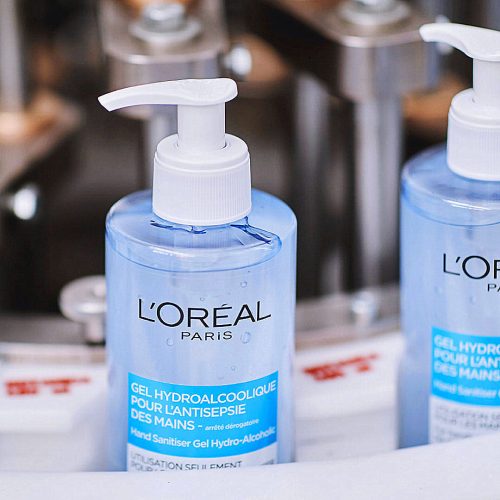
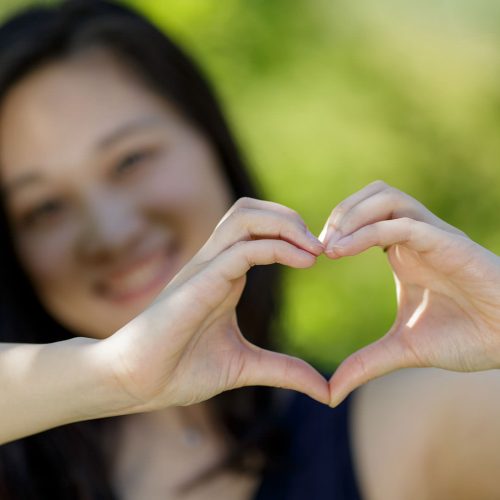

million litres of hand sanitiser manufactured by L’Oréal
to support highly vulnerable women, who were the first victims of the crisis caused by the Covid-19
nearly 100,000 salons and independent hairdressers around the world have benefited from a freeze on their payments
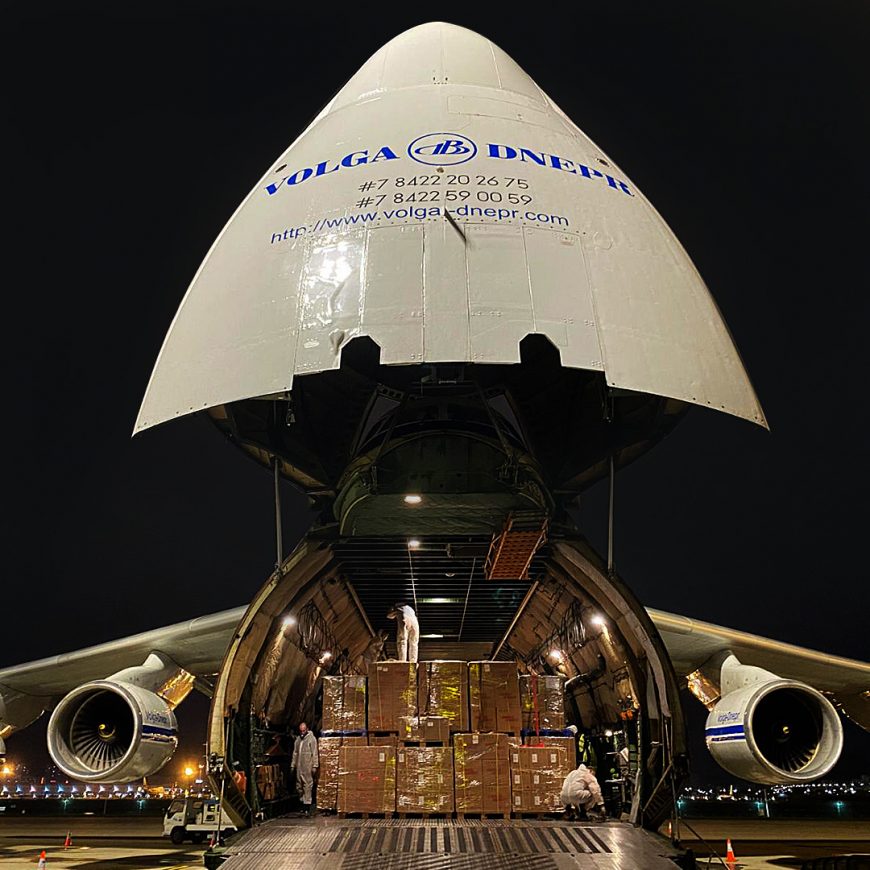
L’Oréal supports authorities through public health crisis
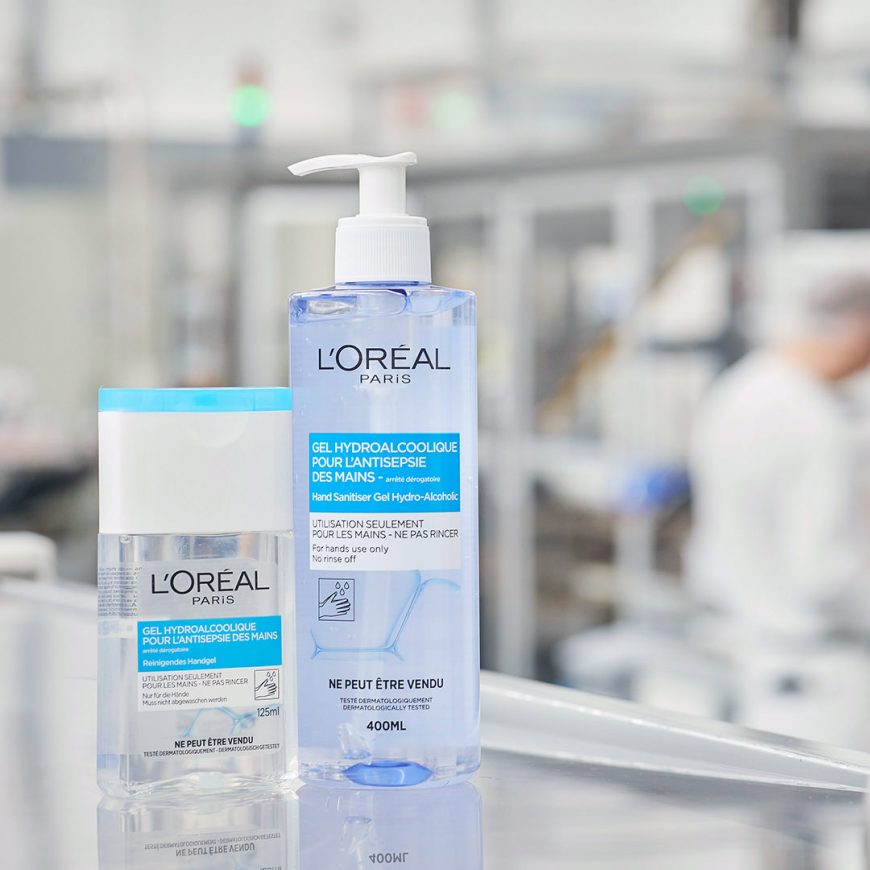
Solidarity at Research & Innovation
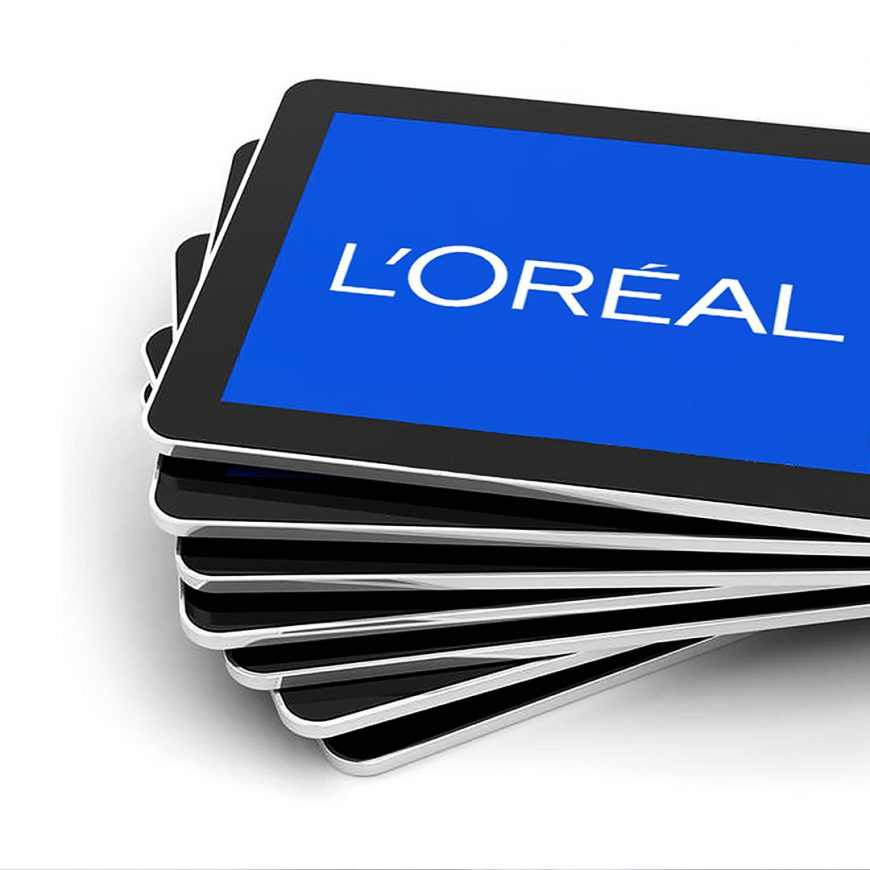
Tablets in hospitals to keep in touch with loved ones
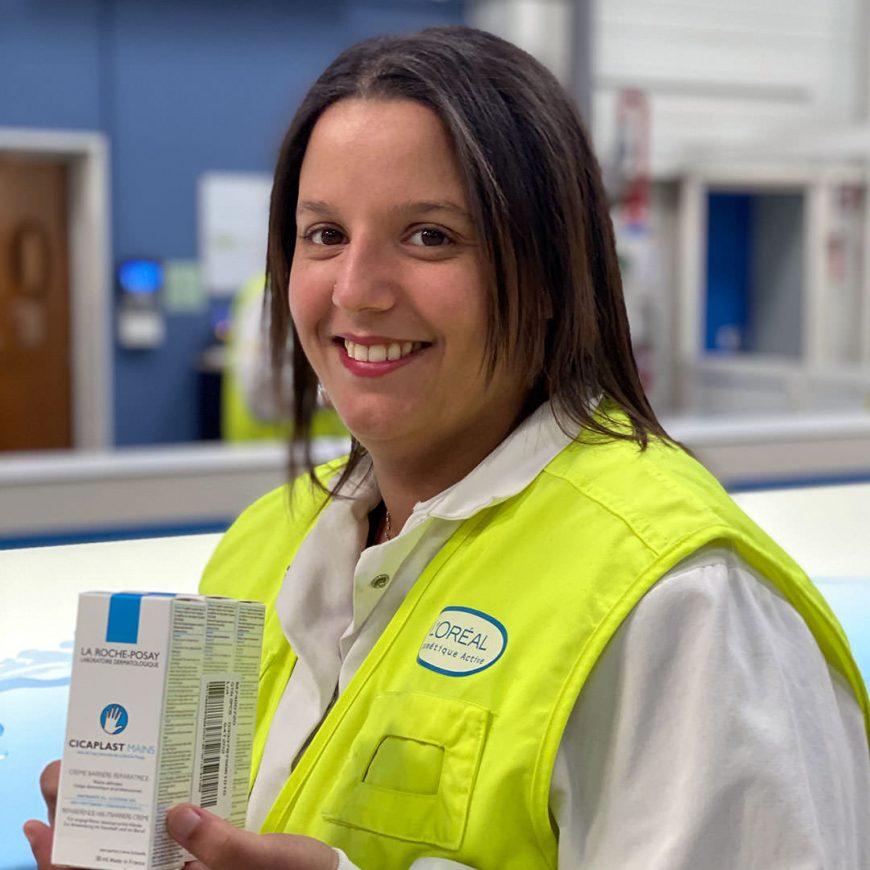
Vichy distribution centre mobilised to support healthcare workers








